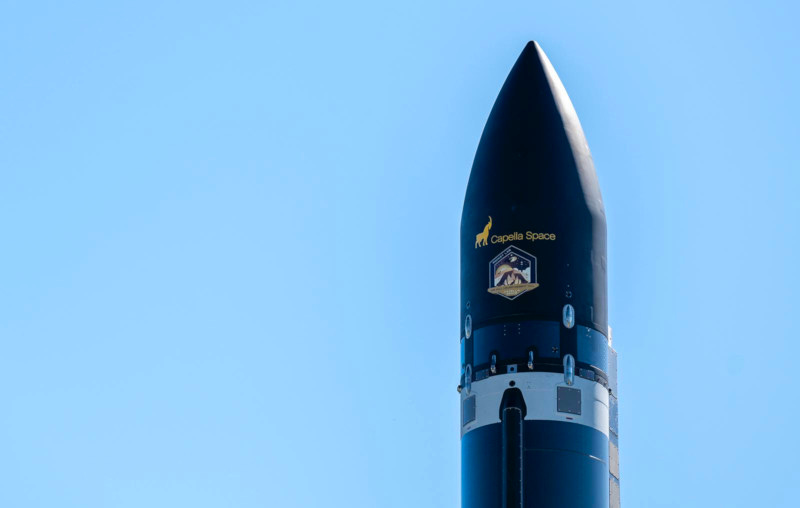FAA Authorizes Rocket Lab to Return to Flight
Agency Confirms that Launch License Remains Active
The FAA has confirmed that Rocket Lab's launch license remains active, paving the way for a return to flight for the company's Electron rocket from Launch Complex 1.
"We look forward to sharing the details of the review once it is fully complete ahead of returning to flight.”
Peter Beck, Rocket Lab
The authorization comes after Rocket Lab experienced an …




